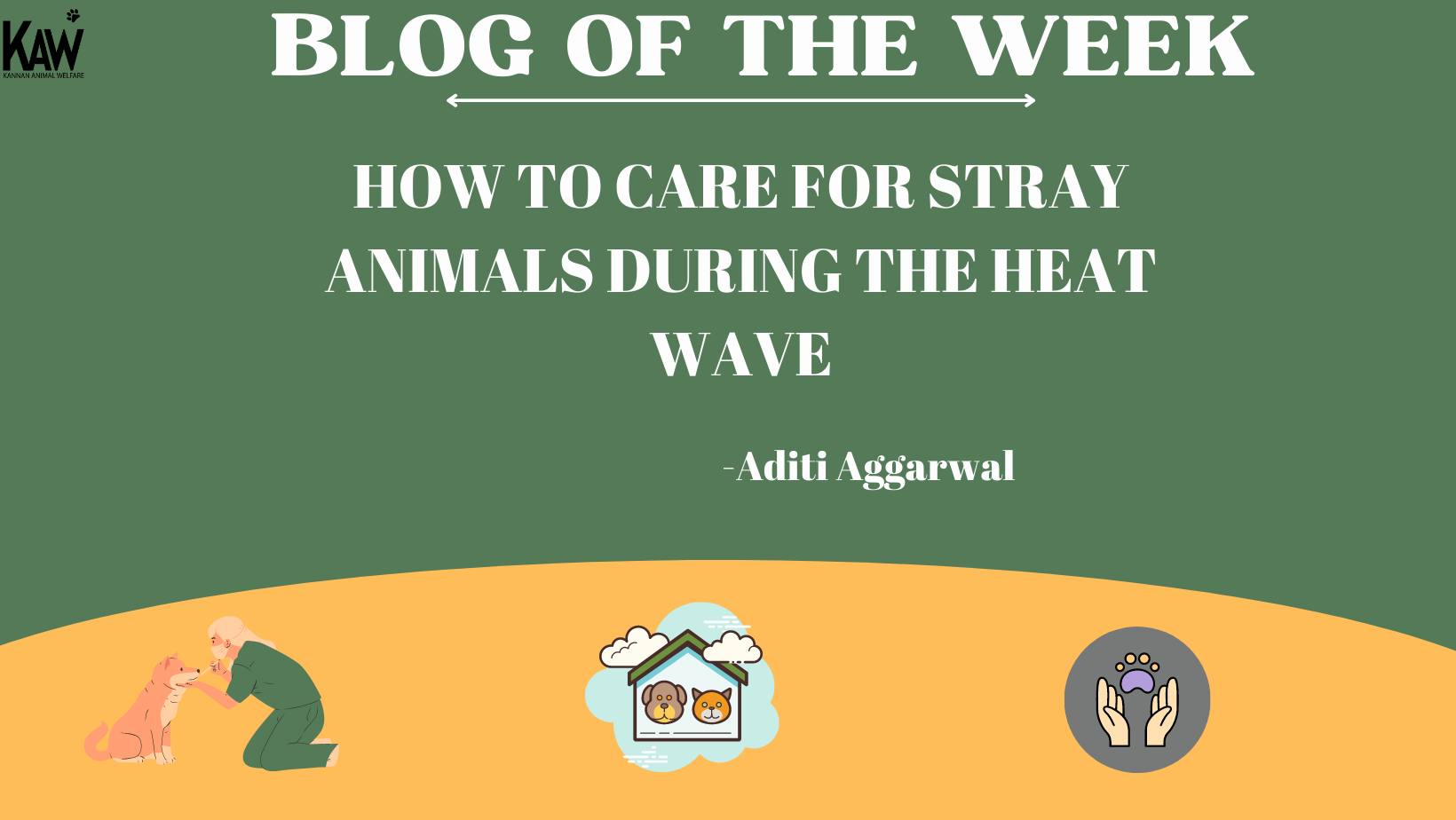Providing Care to Strays During Winter
By Satavisha Ghorui
Introduction
Winter is here, and so is the cold! This year, in particular, India has been enduring one of the most brutal winters in a long time. While some of us have already braced ourselves for the season of shivers by sliding into our comfy cardigans and warming up by the fireplace, most stray animals are suffering a chilling fate with each passing night. India’s streets are home to roughly 35 million stray dogs at any given time, out of which at least two-third remain homeless during harsh winters. These animals reside in our cities, suburbs, and rural neighborhoods. And for many, the food and shelter that they find during winter effectively make the difference between life and death.
Chances are that most of us have come across such cats and dogs, struggling to survive outdoors in our community. So if the humanitarian in you is bugging you to do something for them, to help them survive the cold, we are here to help! We have compiled a few measures and tips that could help homeless animals near you survive the winter.
Provide or Build Shelter
Not all stray friends may be initially willing to come inside when you try to coax them to do so, but you can still try! If you are willing and able, and most importantly, if the animal wants to, you can invite stray animals to shelter in the warmth of your home or garage when the weather is bad.
Building a simple makeshift shelter for homeless animals using materials lying around you, such as bricks and plastic covers, can go a long way. It will provide them with enough warmth, safety, and protection to survive the cold winter months.
Provide Food and Water
A good diet goes a long way in keeping the body healthy and the system running well enough to survive harsh climatic conditions and the diseases that they bring along. Try to feed your stray friends as regularly as possible, with diets that include sources of protein and essential fats that can keep them warm and healthy and can increase their immunity. Check out our blog "A beginner's guide to feeding stray dogs."
Provide Garments or Blankets
If you are taking care of a community animal regularly, you can keep them warm in a fleece jacket or coat, or give them a spare blanket to sleep on. However, it is important that you make sure that the jacket isn't too tight and cut into the flesh because that can lead to injury and bleeding.
Please ensure that coats are only put on dogs that you can supervise. Do not put coats on any and every dog you see on the street. If the coat gets wet and isn't removed on time, the dog can catch pneumonia and fall severely ill. Additionally, many strays have a habit of sleeping under cars. Straps of the coat can get stuck to the bottom of the car leading to severe injury.
Blankets tend to be stolen easily so please make sure they are put securely where they are less likely to be taken away.
It is also advised that you regularly check the garment or blanket that your stray companion is using, and clean it thoroughly, to make sure there are no fleas or ticks that can cause your furry friend to develop skin conditions.
Visit the Vet and Get the Paws Checked
An occasional visit to the vet with your stray friend will not only provide them with some bare minimum medical checkups, but will also ensure that your efforts to help them are effective. Often, during harsh snowy winters, stray dogs and cats can suffer from swelling in their paws, mainly due to dry, flaky skin or frostbite. You can treat your friend at home with basic first-aid medications on the advice of a vet, or take them to the vet to seek professional help.
For older stray dogs, you can call a paravet to get a basic check done and see if a more in-depth medical intervention is required.
To Conclude
Voiceless lives, such as homeless animals, always depend upon their human friends for help during such dire conditions. If you understand how difficult it is to survive alone on the streets, without any food, shelter, or reason to feel safe and secure, then you can also understand the plight of stray animals. So, listen to your heart, and help care for them. They need you!






